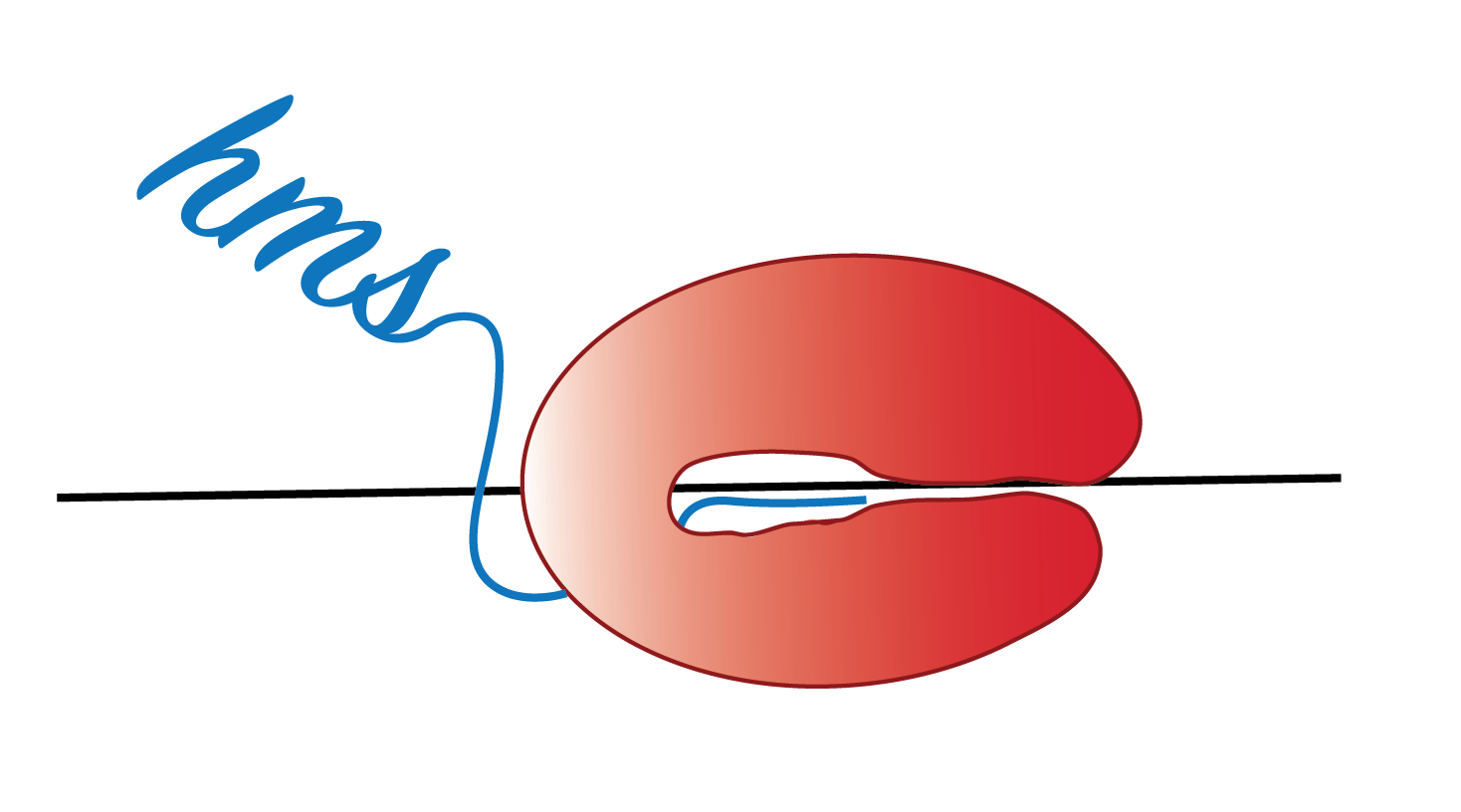Citation:
Wenchao Wu, Geoffrey M. Nelson, Raphael Koch, Katherine A. Donovan, Radosław P. Nowak, Tayla B. Heavican-Foral, Ajit J. Nirmal, Huiyun Liu, Lei Yang, Jessica Duffy, Foster Powers, Kristen E. Stevenson, Marcus Kenneth Jones, Samuel Y. Ng, Gongwei Wu, Salvia Jain, Ran Xu, Sam Amaka, Christopher Trevisani, Nicholas L. Donaldson, Patrick R. Hagner, Laurence de Leval, Philippe Gaulard, Javeed Iqbal, Anjan Thakurta, Eric S. Fischer, Karen Adelman, and David M. Weinstock. 2022. “
Overcoming IMiD resistance in T-cell lymphomas through potent degradation of ZFP91 and IKZF1.” Blood, 139, 13, Pp. 2024-2037.
Abstract:
Immunomodulatory (IMiD) agents like lenalidomide and pomalidomide induce the recruitment of IKZF1 and other targets to the CRL4CRBN E3 ubiquitin ligase, resulting in their ubiquitination and degradation. These agents are highly active in B-cell lymphomas and a subset of myeloid diseases but have compromised effects in T-cell lymphomas (TCLs). Here, we show that 2 factors determine resistance to IMiDs among TCLs. First, limited CRBN expression reduces IMiD activity in TCLs but can be overcome by newer-generation degrader CC-92480. Using mass spectrometry, we show that CC-92480 selectively degrades IKZF1 and ZFP91 in TCL cells with greater potency than pomalidomide. As a result, CC-92480 is highly active against multiple TCL subtypes and showed greater efficacy than pomalidomide across 4 in vivo TCL models. Second, we demonstrate that ZFP91 functions as a bona fide transcription factor that coregulates cell survival with IKZF1 in IMiD-resistant TCLs. By activating keynote genes from WNT, NF-kB, and MAP kinase signaling, ZFP91 directly promotes resistance to IKZF1 loss. Moreover, lenalidomide-sensitive TCLs can acquire stable resistance via ZFP91 rewiring, which involves casein kinase 2–mediated c-Jun inactivation. Overall, these findings identify a critical transcription factor network within TCLs and provide clinical proof of concept for the novel therapy using next-generation degraders.